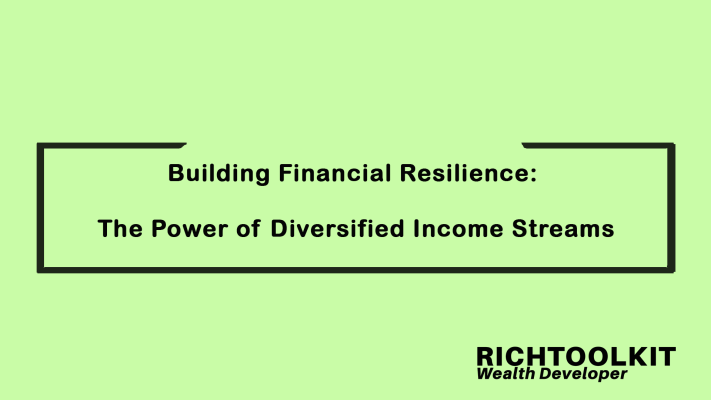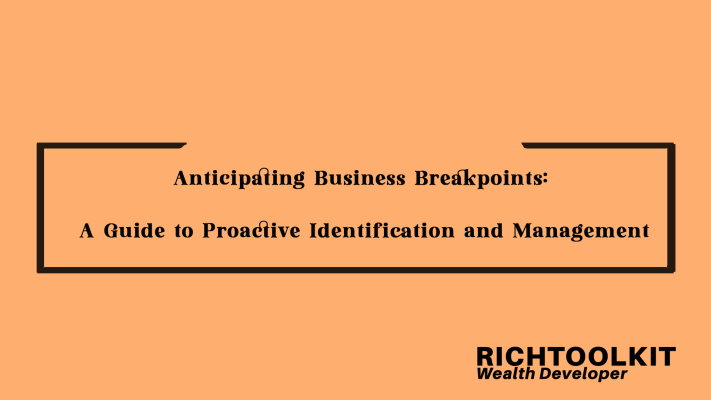Understanding Good Debt vs. Bad Debt:
Not all debts are created equal. Distinguishing between good debt and bad debt is fundamental to using debt as a wealth-building tool. Good debt typically involves borrowing for investments that have the potential to appreciate over time, such as real estate or education. Bad debt, on the other hand, often involves high-interest consumer debt, like credit card balances, that doesn’t contribute to long-term wealth.
Real Estate Investment:
Real estate has long been considered one of the most reliable avenues for leveraging debt. By using a mortgage to finance the purchase of property, investors can benefit from property appreciation, rental income, and tax advantages. Real estate leverages the investment, allowing individuals to control a valuable asset with a relatively small upfront investment.
Business Expansion:
Entrepreneurs can strategically use debt to fuel business growth. Taking out loans for expanding operations, launching new products, or entering new markets can lead to increased revenue and profitability. The key is to ensure that the return on investment (ROI) from the business expansion exceeds the cost of the debt.
Education and Skill Development:
Investing in education is another form of good debt. Taking out a student loan to acquire valuable skills and knowledge can significantly enhance earning potential in the long run. The increased income resulting from education can outweigh the cost of the loan, contributing to overall wealth accumulation.
Investing in Marketable Securities:
Borrowing to invest in stocks, bonds, or other marketable securities is a strategy known as margin trading. While this approach carries inherent risks and requires careful consideration, it allows investors to amplify their returns. It’s important to use margin responsibly and be mindful of market volatility.
Credit for Entrepreneurial Ventures:
Entrepreneurs often rely on debt to fund new ventures or startups. Securing a business loan or line of credit can provide the necessary capital to launch and scale a business. When used wisely, this debt can lead to business success and increased personal wealth.
Consolidating High-Interest Debt:
One strategic use of debt is consolidating high-interest debt into a lower-interest loan. This can result in lower monthly payments and overall interest costs, freeing up more funds for investments or savings.
Tax Advantages:
Certain types of debt, such as mortgage interest or business-related loans, may offer tax advantages. Understanding and leveraging these tax benefits can further enhance the financial efficiency of using debt as a wealth-building tool.
Risk Management:
While leveraging debt can accelerate wealth-building, it comes with inherent risks. It’s crucial to assess and manage these risks carefully. Factors such as interest rates, market conditions, and the ability to generate returns on borrowed capital should be thoroughly evaluated.
Creating a Strategic Plan:
The key to successfully using debt to build wealth lies in creating a strategic plan. This plan should include a thorough analysis of the potential return on investment, risk mitigation strategies, and a clear understanding of how debt fits into the overall financial picture.
Conclusion:
When approached with careful consideration and strategic planning, debt can be a powerful tool for building wealth. From real estate investments to business expansion and education, leveraging debt in a responsible and informed manner can open doors to financial opportunities that might otherwise be challenging to attain. As with any financial strategy, individuals should conduct thorough research, seek professional advice, and be mindful of their risk tolerance and long-term financial goals.






